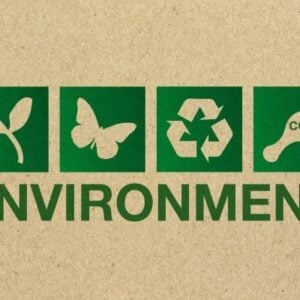Botswana has taken a major step toward ensuring that trade and investment drive inclusive growth and decent work, with a three-day national workshop held in Gaborone from 16–18 September. The event, titled “Advancing Decent Work (SDG 8) through Responsible Business Conduct and Respect for International Labour Standards in Trade and Investment,” brought together representatives from government ministries, special economic zones, employers’ and workers’ organizations to align the country’s economic transformation with international labour standards.
The workshop placed responsible business conduct and respect for workers’ rights at the heart of Botswana’s economic diversification agenda. Guided by the ILO Tripartite Declaration of Principles concerning Multinational Enterprises and Social Policy (MNE Declaration), discussions focused on how trade and investment can maximize positive development outcomes while avoiding a “race to the bottom” in labour standards. The ILO MNE Declaration offers practical recommendations to governments, businesses, and social partners to ensure that investment supports sustainable development and decent work.
Opening the workshop, Deputy Permanent Secretary Ms. Tshepo Nkwadi emphasized that trade and investment must not only stimulate growth but also uphold workers’ rights and promote social justice. Supporting this message, Mr. Catalin Gherman, Head of Cooperation of the Delegation of the European Union to Botswana, reaffirmed the EU’s commitment to advancing decent work through the ILO SUSTAIN Programme, stressing that inclusive policies and strong social dialogue are essential to achieving the 2030 Sustainable Development Goals.
Participants identified key priorities to better align trade and investment with decent work, including economic diversification, private sector–led growth, formalizing informal work, and promoting responsible business practices. As an outcome, the workshop set the groundwork for a national roadmap aimed at fostering sustainable and responsible investment in Botswana.
The roadmap proposes the appointment of national tripartite focal points to enhance policy coherence and partnerships, raising awareness among private sector actors on global expectations for responsible business conduct, and initiating a sectoral dialogue on decent work in the manufacturing sector by 2026. Supported by the ILO SUSTAIN project, this action plan is designed to ensure that Botswana’s economic transformation not only accelerates growth but also delivers fair jobs and stronger labour protections for all.







